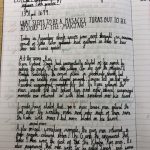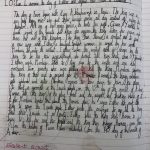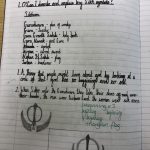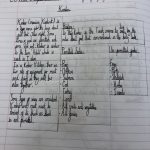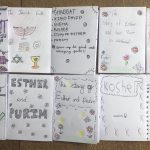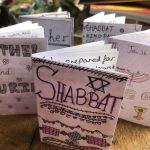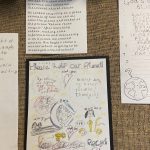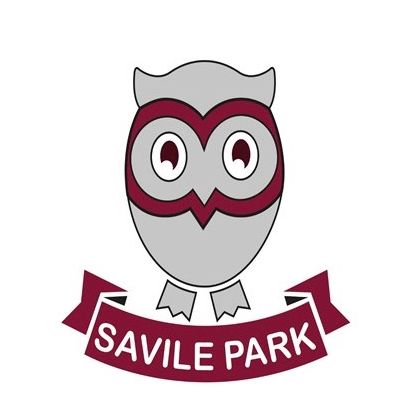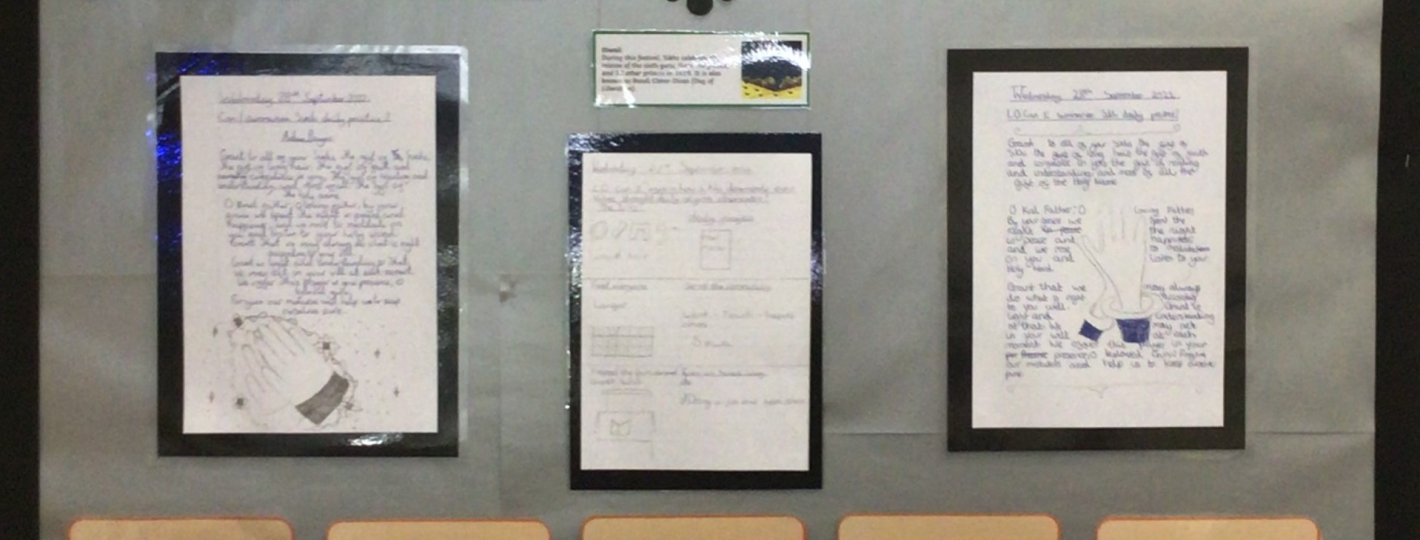Religious Education
At Savile Park we believe it is essential for our pupils to learn about religion, as it develops a curious nature.
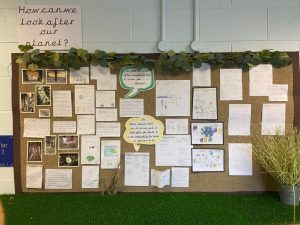
Through the study of religious practise and reflection, children further their understanding of their own values and beliefs as well as those around them and people around the world which is essential for them to gain cultural capital.
We do this through delivering an intellectually challenging and personally enriching curriculum that teaches the beliefs, values, similarities and differences between Christianity, Sikhism, Islam, Judaism and Humanism.
By asking big questions and challenging stereotypes, our children will leave school with an appreciation for diversity and a firm understanding of their place in the world rooted in respect.
Early Years Foundation Stage
Religion is explored through special places and festivals throughout the year. They encounter religions and world views through special people, books, festivals, places and objects. They are encouraged to reflect and ask big questions and discuss their own feelings and experiences. By reading stories from different cultures, we develop their curiosity and develop an appreciation of the natural world and diversity.
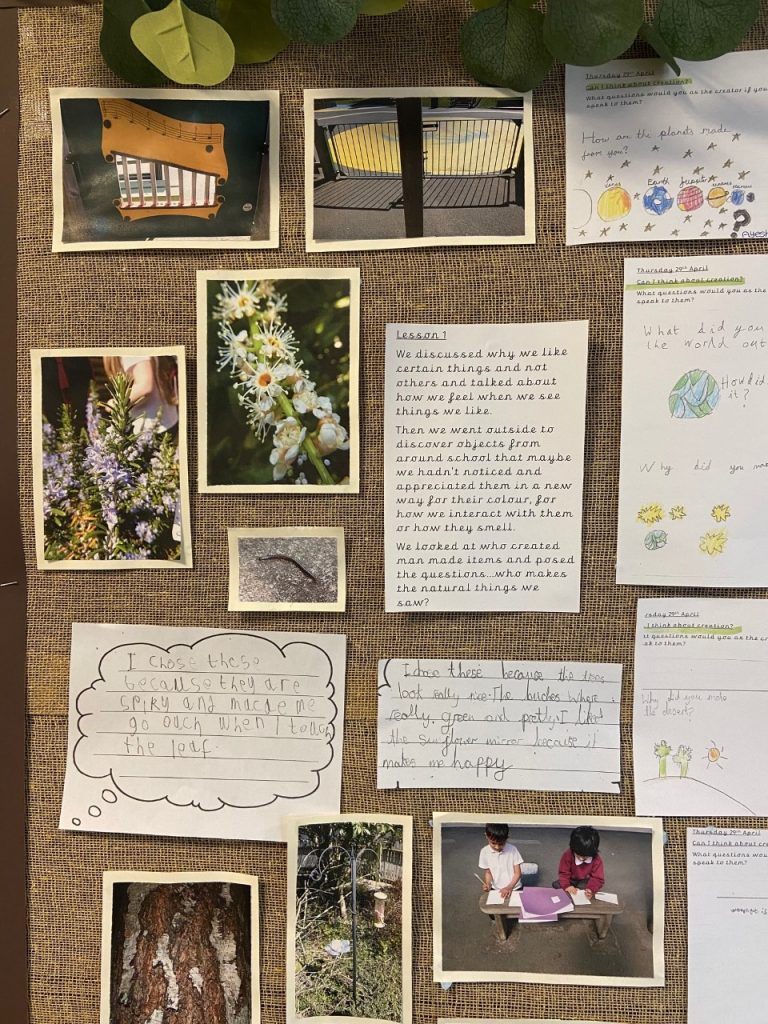
Key Stage One
We build upon pupils’ knowledge and understanding of religion both locally and globally. Primarily we focus on the religions of Christianity and Islam alongside understanding of non-religious approaches to life. We explore beliefs and practices, including prayer, worship, festivals, rituals and ways of life. We retell important stories, recognise and appreciate similarities and differences between communities so that we value diversity within the classroom and the wider world. By discussion of big questions, we question how our growing knowledge influences our identity and morality.
Key Stage Two
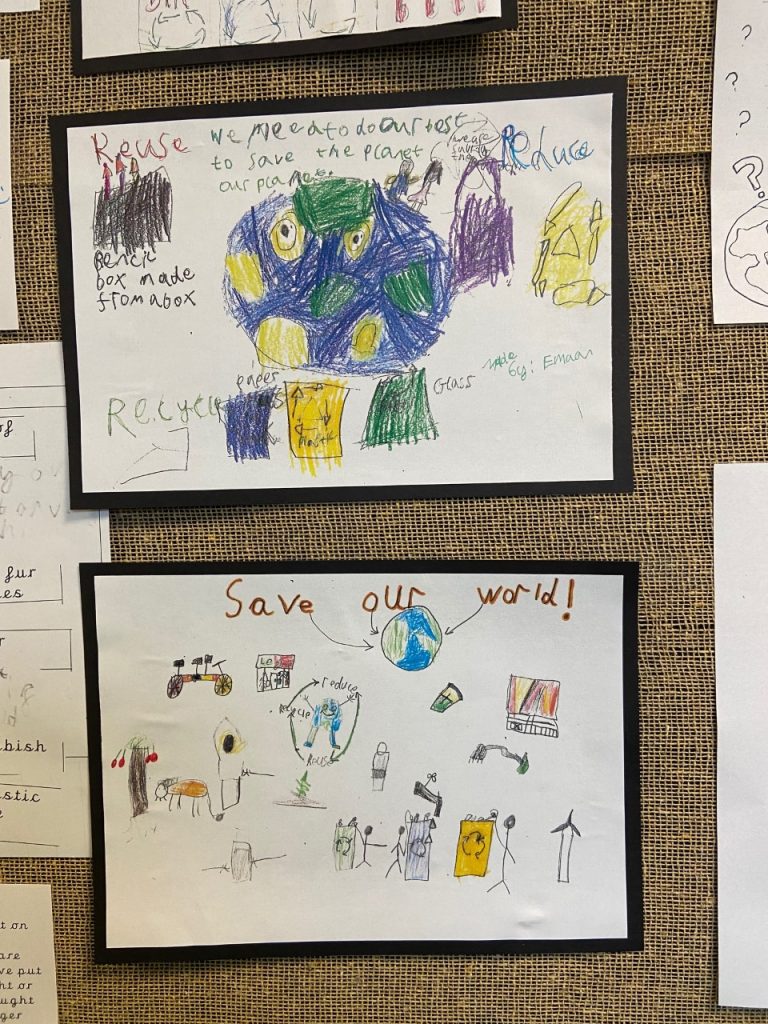
Pupils extend their knowledge of religion, beliefs and values in personal, national and global contexts. They are introduced to a range of sources and expand on their subject specific vocabulary. As they move through school they are encouraged to ask increasingly challenging questions by drawing on their own morals as well as their growing insight into religions and world views. They support their insights with examples and justifications. We continue to build on the KS1 focus of Christianity and Islam and extend our study to include Judaism and Sikhism alongside non-religious approaches to life. Reading stories is still essential but children are encouraged to make links with prior stories and learning.
Examples of work:
